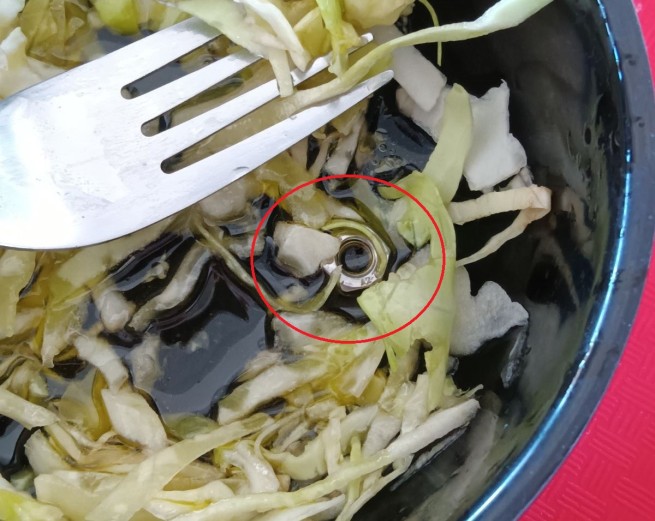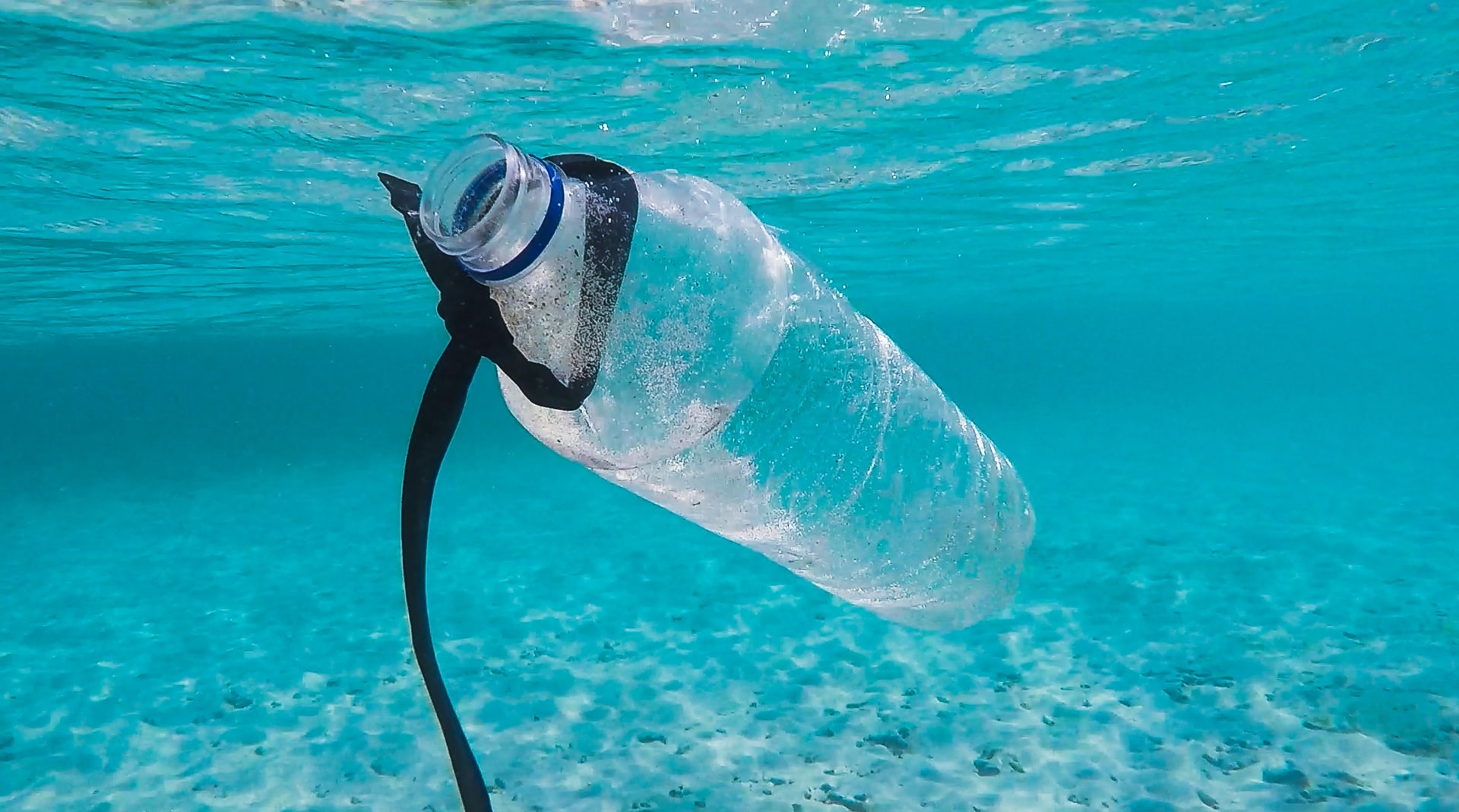Scientists from the University of Amsterdam have managed to develop a sampling and analysis method that can detect microplastics in the blood. As a result, small particles of plastic were first found in human blood.
As part of the experiment, the researchers took blood from 22 volunteers. To keep plastic out of the samples, the scientists used steel syringe needles and glass tubes. As a result, microplastic particles were found in 80% of those tested. In the samples studied, often polymers were found that are widely used in the production of plastics. In some blood samples came across at the same time two or three types of plastic.
“The new study is alarming because it is further proof that there is no part of our body that has not been exposed to plastic. Even if the health implications are not yet clear, we already know for sure that plastic is toxic from the moment the raw materials for the production of plastic goods are mined until they are disposed of. Plastic has no place in a circular economy. To stop the plastic crisis, companies ranked among the world’s most polluting companies must urgently reduce the use of plastic packaging and invest in reusable solutions,” the expert comments on the situation in the world with plastic waste.
How exactly microplastics harm humans is not fully understood. In 2019, WHO published a policy brief on current research on microplastics in drinking water, emphasizing that the available data are insufficient to draw firm conclusions about how microplastics affect human health. The organization called for more research and to stop the growth of plastic pollution in the world.
Some scientists say that the microplastic that has entered the human body is “read” like a hormone and disrupts the function of the thyroid gland, genital organs, etc. Others argue that it is microplastics that are responsible for the recent increase in cancer.
Previously, microplastics have been reported in urine, feces and placenta. Every day we breathe in microplastics, eat them and drink them. As a result, 5 grams of microplastics enter the human body per week, which is “not good”.
The worst thing is that the marine life that absorbs microplastics is already a fraction of a percent themselves made of plastic! The video below shows how fish end up with harmful waste, and then we eat it. Worth thinking about.







More Stories
Strong Bones: 4 Ways to Strengthen Them
Is mayonnaise so scary? "how they paint him"
Three “innocent” foods that are making you fat